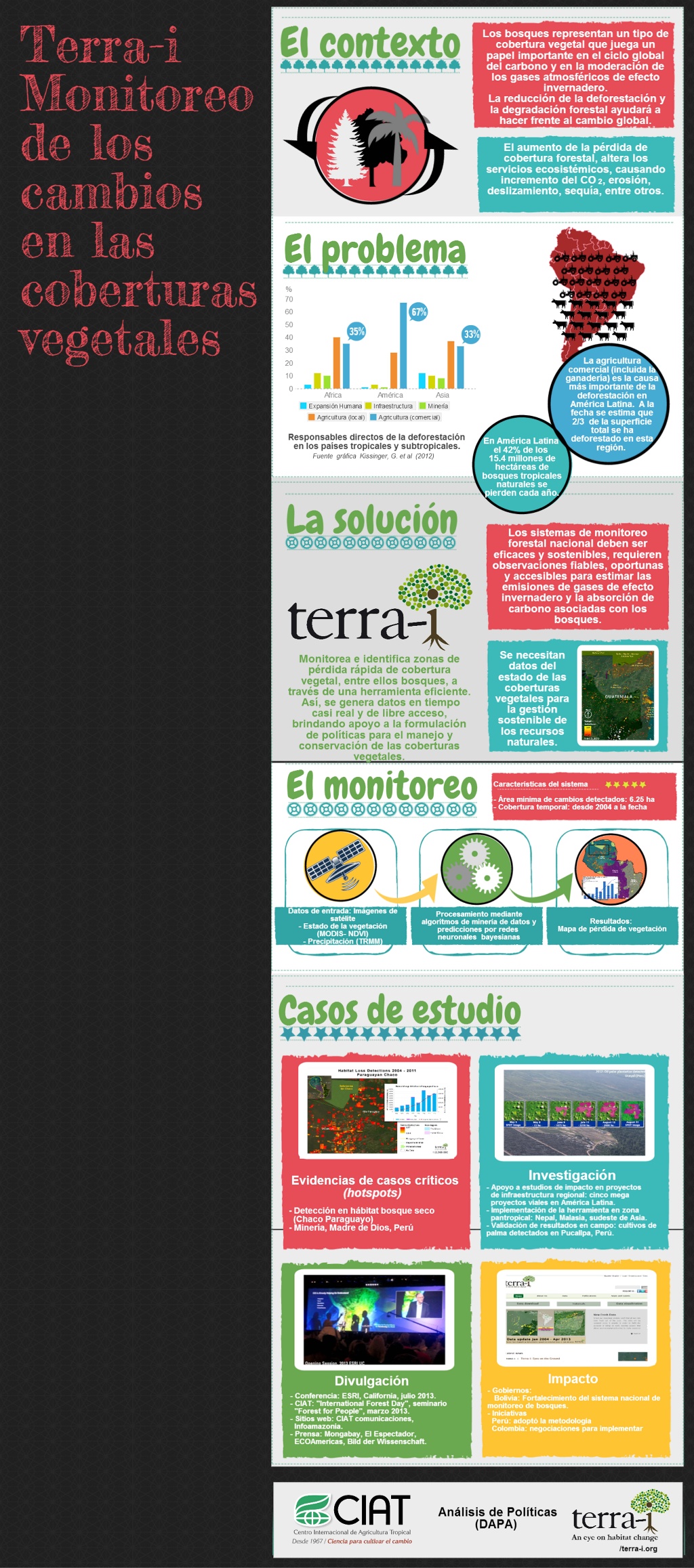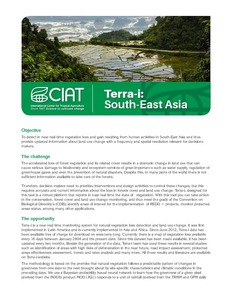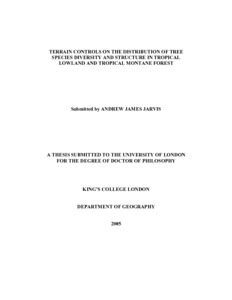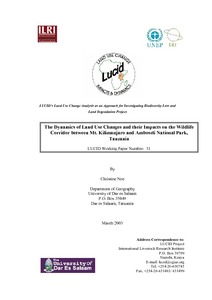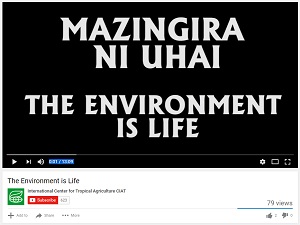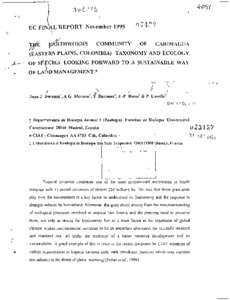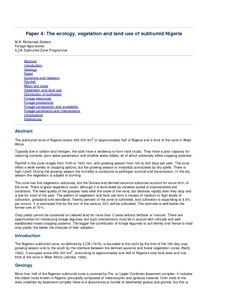Temporal change in land use by irrigation source in Tamil Nadu and management implications
Interannual variation in rainfall throughout Tamil Nadu has been causing frequent and noticeable land use changes despite the rapid development in groundwater irrigation. Identifying periodically water-stressed areas is the first and crucial step to minimizing negative effects on crop production. Such analysis must be conducted at the basin level as it is an independent water accounting unit.



